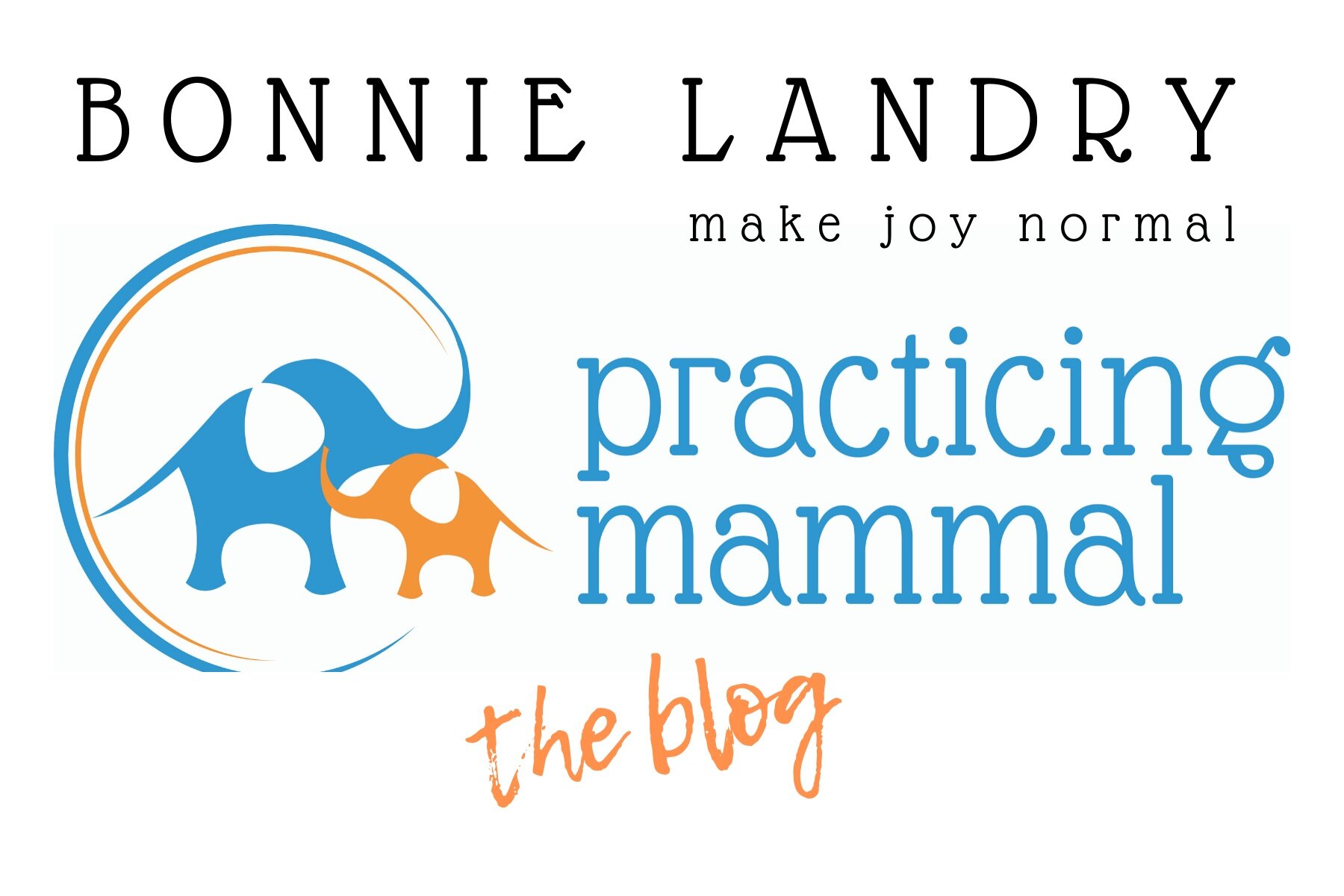back on track, seriously
originally published July 16, 2019
The older I get, the more I realize that life is just a series of re-setting your ideals. We never (read: me) are just on track and stay on track.
We (read: me) get on track, move full steam ahead for some period of time (ranging from twenty minutes to two years), living out our ideals, giving all we have to the greater good. Then, after some period of time, we move "off track." It's usually slow, pervasive, subtle.
We don't even know what, when or how we shifted from our ideals to - what - this crap again??
Sometimes we don't even know ourselves.
"How..." we ask ourselves, "did I EVER get here?" "Why am I unhappy, why am I mean, why am I yelling, why am I...even here?"
And that is the moment of sheer blessing. That is the moment when we have an opportunity.
Because we can start to assess. Not so much how we got to this place, but how to get back. How to be the person we set out to be. How to do the good in our homes and communities to make things better than they are. Even just a little.
How do I get back? Well, in reality, it's probably different every time. But today, I thought, why don't I read one of my own dang books.
And, so, perhaps, over the next twenty minutes or two years, I'll share a little distillation here, as I journey back to the place I belong. The not-crazy place.
EXCERPT, CHAPTER ONE: REVOLUTION OF MERCY
(edited for clarity, brevity and because I felt like it)
Love is a verb.
Here's a quick grammar lesson: a verb is an action word. A doing word. Not a noun, as in, "Here, look. I've got some love." Even in instances where we use it as a noun, such as "My love for you is never-ending," it implies the nature of love, e.g. action. My love (the ability to be loving, act towards you with love) is never-ending. Love is something we do.
Not a flippant verb ,either. Although we tend to use it flippantly. I love your dress, I love this weather, I love jelly doughnuts...You would not act towards these things with actual love, the verb. I love your dress so much that I would protect it from dishonour. I love this weathers much that I would stand by it even in crises. I love jelly doughnuts so much that I would dash in front of a moving vehicle to save it from harm.
I don't think so.
Love is a verb. It is an act of the will.
We try to employ, as parents, methods of discipline that will enable our children to grow into the kind of adults we want them to be. It can be so discouraging when we don't see results. Sometimes we even dig ourselves bigger holes when we are trying to get our kids to do something or behave a certain way. We become desperate. What then?
What now?
Whether our children or other adults in our life, relationships are the central point around which the majority of our earthly joys and earthly problems revolve. We need more than tools. We need grounding and reassurance and to be steeped in understanding, of ourselves and others. The hardest part is remembering.
In times of crisis, like every day, remembering is the hardest part. Most of us intend to be loving in our relationships, we intend to be understanding, we intend to be awesome. We intend to love God fully by the way we interact with our fellow man. But we just can't remember at the right times. We didn't realize how challenging it would be simply to be loving.
